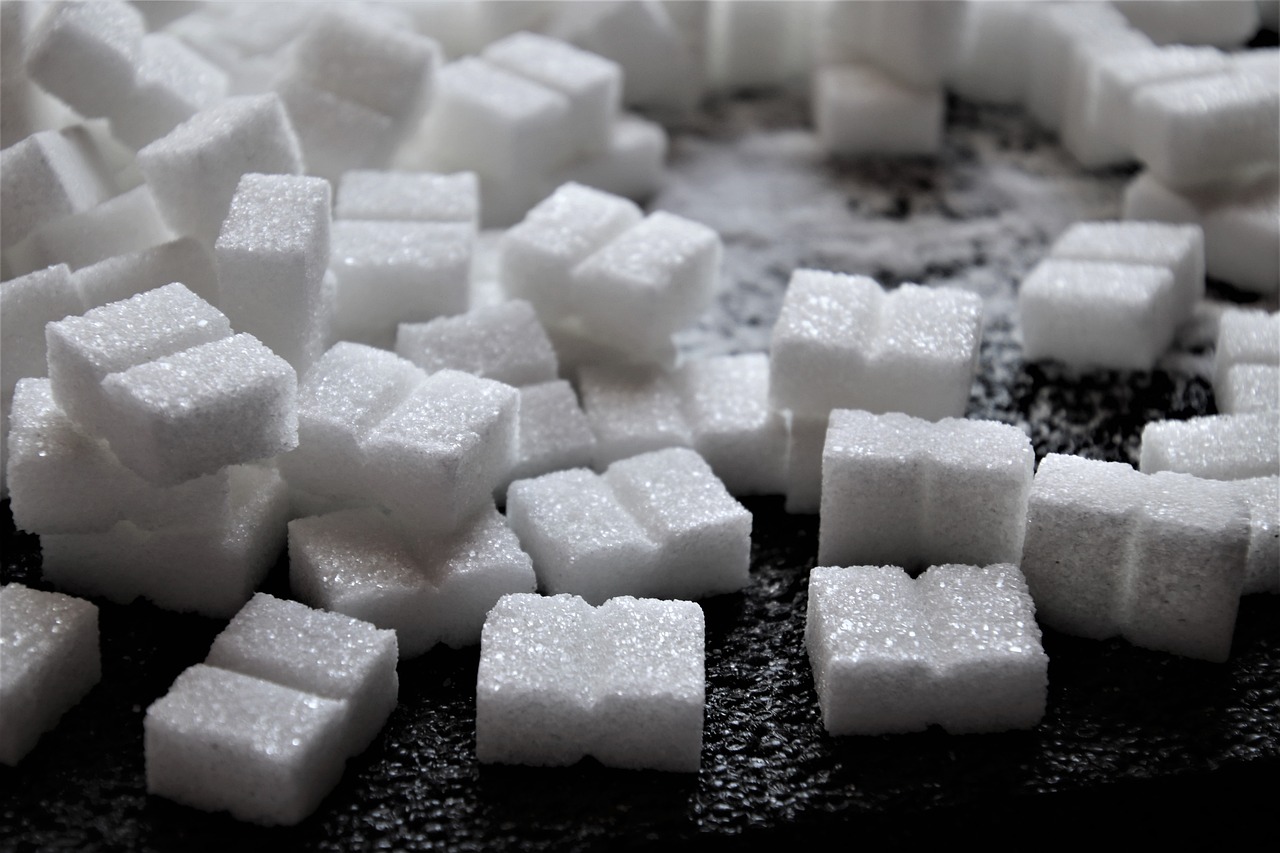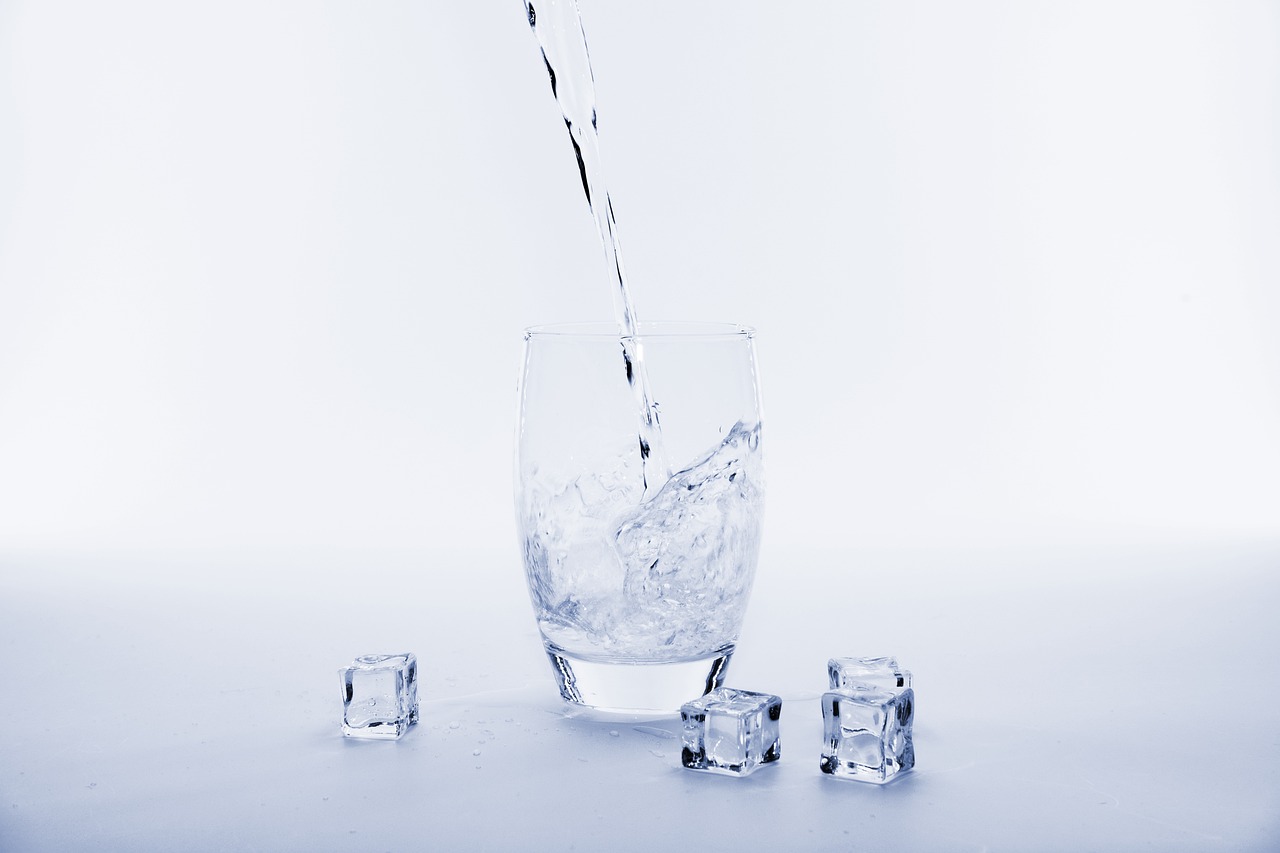When we think of something sweet, the first thing that comes to our mind is definitely sugar, which is consumed by human beings to replenish energy on the one hand, and to enjoy the pleasure of sweetness on the other. However, slowly, “sugar” and “dental caries”, “obesity”, “high blood sugar” and so on have established a clear link. Excessive intake of sugar can lead to various diseases. Sugar-substituting sweeteners emerged, as early as the 1950s has been introduced to replace sugar diet drinks, and now the supermarket labeled “zero sugar”, “zero calories”, “zero energy” labeled sugar-substituting foods and beverages are numerous. Nowadays, supermarkets are full of foods and beverages labeled “zero sugar,” “zero calories,” and “zero energy.
So, what exactly is sugar substitute? Is it really as healthy as the merchants claim?
01 Sweeteners and sugar substitutes
To figure out what sugar substitutes are, you have to start with the classification of sweeteners, which refer to substances that give food a sweet taste, and are classified as nutritive and non-nutritive sweeteners based on whether or not they can produce calories to provide energy to the body.
Nutritive sweeteners, as the name suggests, can provide energy to the body, mainly including sugars and sugar alcohols. Sugar is the main source of energy for our body, each gram of sugar can produce about 4kcal of calories, life in the common sugar sweeteners are glucose, fructose, lactose, sucrose, maltose, etc.; another type of nutritive sweeteners – sugar alcohols, including xylitol, sorbitol, maltitol, etc., but also for the human body to provide energy to release the calorie is about sugar. The calories are about half of the sugar, each gram of sugar alcohols can produce 2.1kcal of heat.
Non-nutritive sweeteners also include two categories, one is a natural source such as stevia glycosides, rosmarinic acid glycosides and other sweeteners extracted from plants; the other belongs to the synthetic sweeteners, common such sweeteners, including aspartame, sucralose (sucralose), saccharin, acesulfame, Nutella, etc., which is characterized by virtually no calories, but the sweetness is super-high.
02 The sweetest substance Luguname
How sweet can it really be?
Saccharin, the earliest synthetic sweetener, was created in 1878 and it is 350 times sweeter than sucrose. Saccharin sold in incredible quantities during World War I, when supplies were scarce, but was subsequently deemed a cancer risk and banned from use in 1977 until 1991, when researchers found that it did not cause cancer and was used as a sweetening ingredient in fat-reducing meals or for diabetics.
There is also a very, very sweet sweetener called neotame, which is composed of N-[N-(3,3 dimethylbutyl)-L-alpha-aspartyl]-L-phenylalanine-1-methyl ester, and can be more than 8,000 times as sweet as sucrose. How sweet is 8,000 times sweeter than sucrose? The writer was curious and bought a can of Nutella, and when the can of sweetener was opened, just by sniffing at the mouth of the can, he felt a sweet taste in his mouth, and this sweetness lasted for a full 10 minutes. It is said that the sweetness of a small spoonful of Nutella can contract the sweetness of the cane sugar you consume for a year!
Of course, Nutella is not the sweetest substance in the world, the sweetest substance in the world is a substance called Lugduname, which was developed in 1996 at the University of Lyon, France. the sweetness of Lugduname is about 220,000 to 300,000 times that of sucrose, but it is not yet used as a sweetener for food.
03 Sugar substitutes also affect blood sugar?
The traditional impression is that synthetic sweeteners are generally not absorbed and degraded by the body, and are eliminated how they are eaten into the body, and do not affect blood glucose concentrations. But back in 2014, researchers found a link between changes in the microbiome and blood sugar responses in mice after ingesting sugar substitutes. A recent academic paper published in the journal Cell suggests that non-nutritive sweeteners affect human blood sugar levels.
Researchers in Israel have found that synthetic sweeteners affect the body’s ability to metabolize glucose, leading to changes in blood sugar. They recruited 120 volunteers and divided them into six groups, four of which served as the experimental group, and had them eat four common sugar substitutes, saccharin, aspartame, sucralose, and stevia, respectively, along with glucose. Each volunteer’s intake was below the FDA-permitted standard, and the volunteers in the fifth group were allowed to eat only an equal amount of glucose, while the sixth group ate nothing at all. The trial was conducted over a two-week period, and each day the researchers tracked the volunteers’ blood sugar levels via glucose meters.
What were the results of the experiment? The researchers analyzed the continuously collected data, and they found that the volunteers who consumed saccharin and sucralose had a significant increase in blood sugar compared to the volunteers in the fifth group who ate only glucose, but when the intake of the above two sweeteners was stopped, the volunteers’ blood sugar returned to normal levels.
How do synthetic sweeteners, which are not digested and metabolized by the body, affect human blood sugar? Similar to humans, the ability of rats to digest food and extract energy from food depends not only on our own genes, but also on the activity of the trillions of microorganisms that “live” in our digestive tracts, collectively known as the gut flora or gut microbiome.
The researchers transplanted feces from volunteers into germ-free mice in order to give the germ-free mice the volunteers’ gut flora. The researchers monitored the mice for elevated blood sugar and found that these non-nutritive sugar substitutes would be converted into energy or stored in the body by altering the type and amount of gut flora; the altered bacteria are responsible for directing the metabolism of sugar. If the flora is altered, the body’s ability to “process” glucose is compromised, causing blood sugar to fluctuate more widely, which in turn raises blood sugar.
Of course, the study found that not everyone’s blood glucose levels were affected by sugar substitutes; of the seven volunteers in the experimental group, only four had elevated blood glucose levels after ingesting the non-nutritive sweetener, and the results were similar in mice.
It seems that sugar substitutes are not as people think at the beginning, instead of the sweetness of sugar but will not affect the human body, and the use of sugar substitutes instead of sugar does not mean that the health of the market a variety of “sugar-free” “zero fat” “zero calorie” labeled drinks “assassins” are endless. “Zero calorie” labeled beverage “assassin” endless, for food safety, we need to do is in the purchase of food before, be sure to look carefully at the ingredient list.



